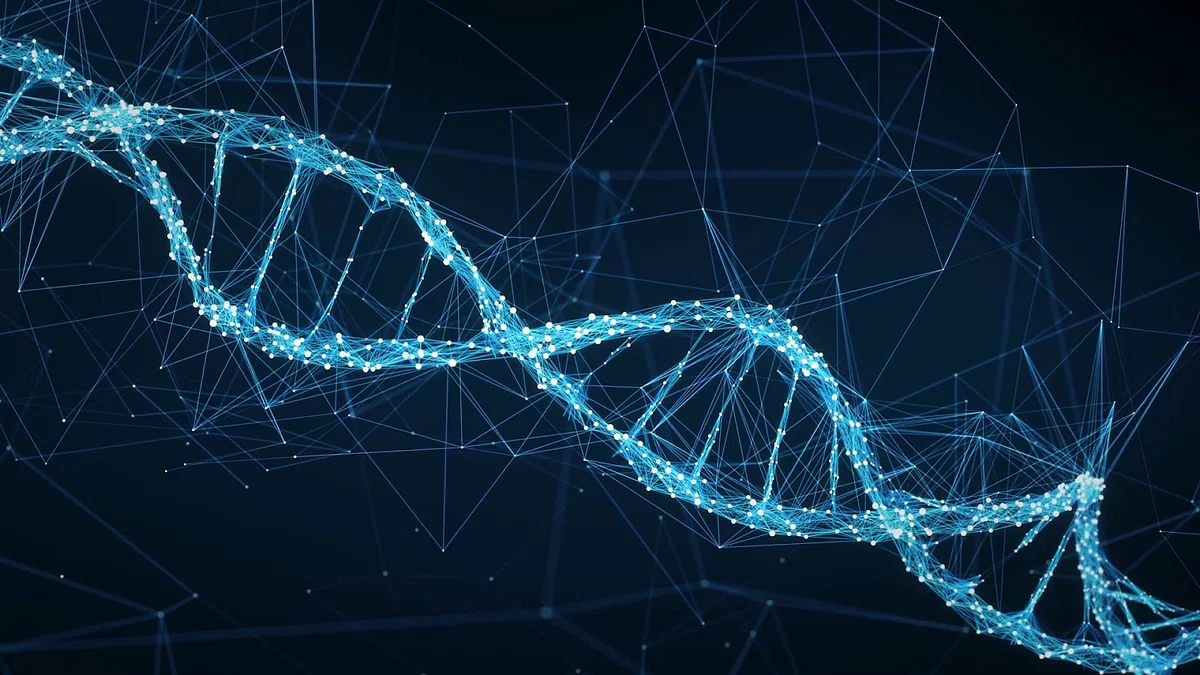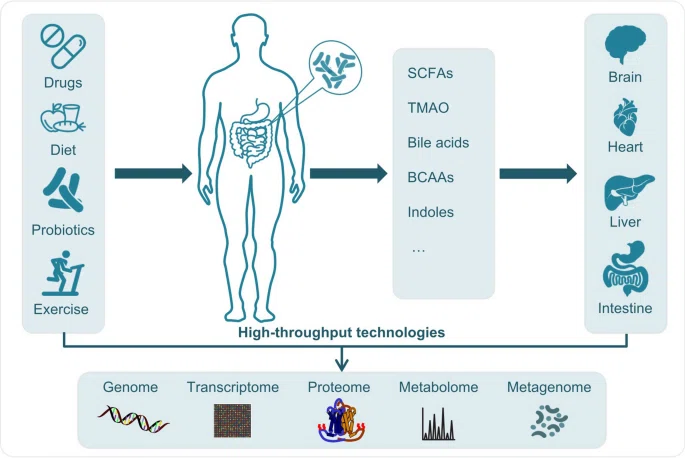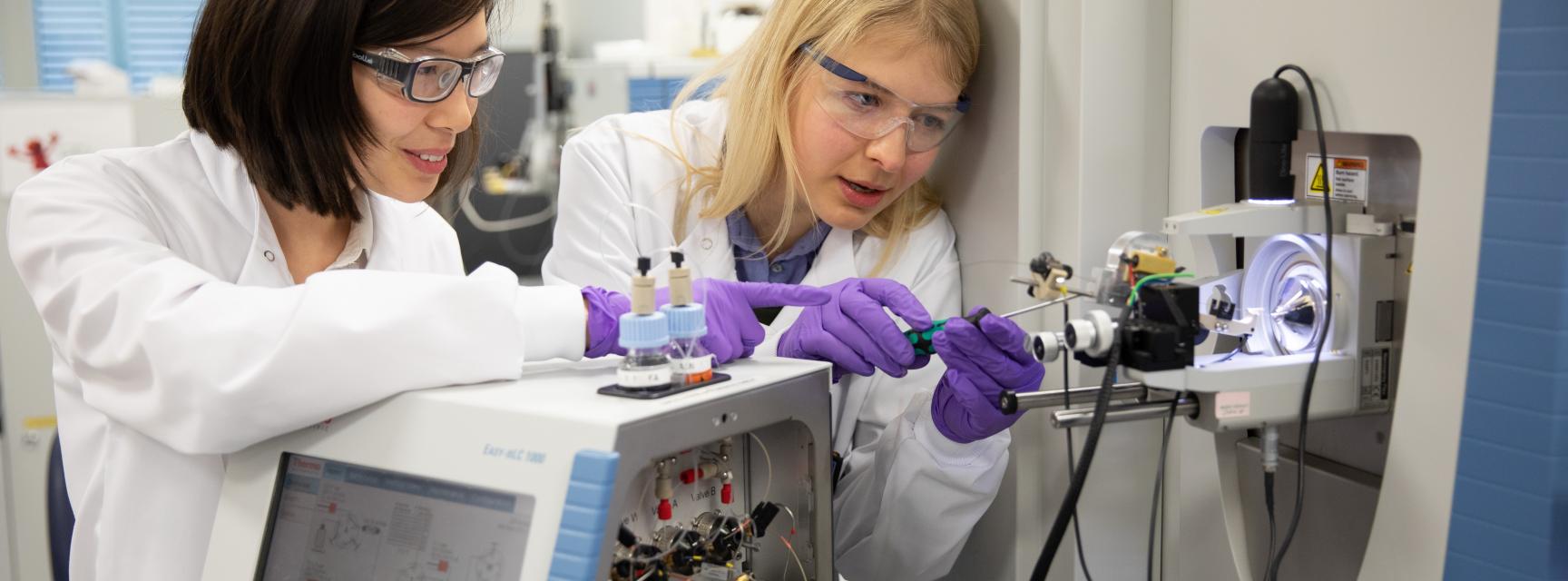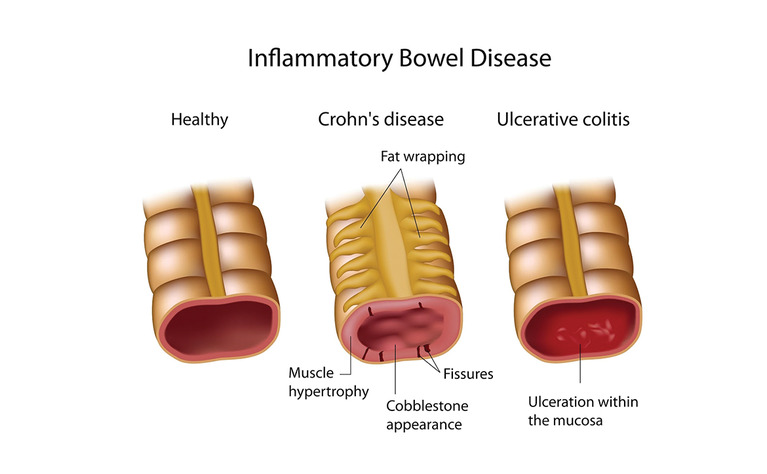Deepbiomics
Solution for advanced insights in health analysis
DeepBiomics represents an advanced approach to integrating and analyzing multiomics data through deep learning techniques. It focuses on utilizing sophisticated deep learning algorithms to handle complex and high-dimensional biological data from from genomics, transcriptomics, proteomics, and clinical phenotypes.
How does DeepBiomics work?
Innovative graph and network-based representation
It uses advanced graph and network-based representations, to create clear and simple summaries of complex biological processes, proteins, or gene sequences by breaking them into manageable components. Its innovative design makes it an essential tool for biological research and precision healthcare, providing quick and accurate personalized insights.


Tailored Algorithms for a Holistic Understanding of Biological Systems
The DeepBiomics Platform functions as a quick computational engine, quickly evaluating complex biological data to improve tailored healthcare insights. Our advanced algorithms work with a wide range of data technologies, such as gene ontology, route databases, metagenomics, proteomics, epigenetics, 3D structural data of proteins, cellular imaging, and large text corpora.
Increasing Intricacy while Maintaining Nuance
Our network and graph models capture the complex intricacies of biological systems, and ensure the precise delivery of personalized data. This commitment aligns with our mission to accelerate insights and drive innovative healthcare solutions.

Explore our research areas

Type 2 Diabetes with AI and Microbiome Data

Cardiovascular Risk Prediction Through Advanced Proteomics






